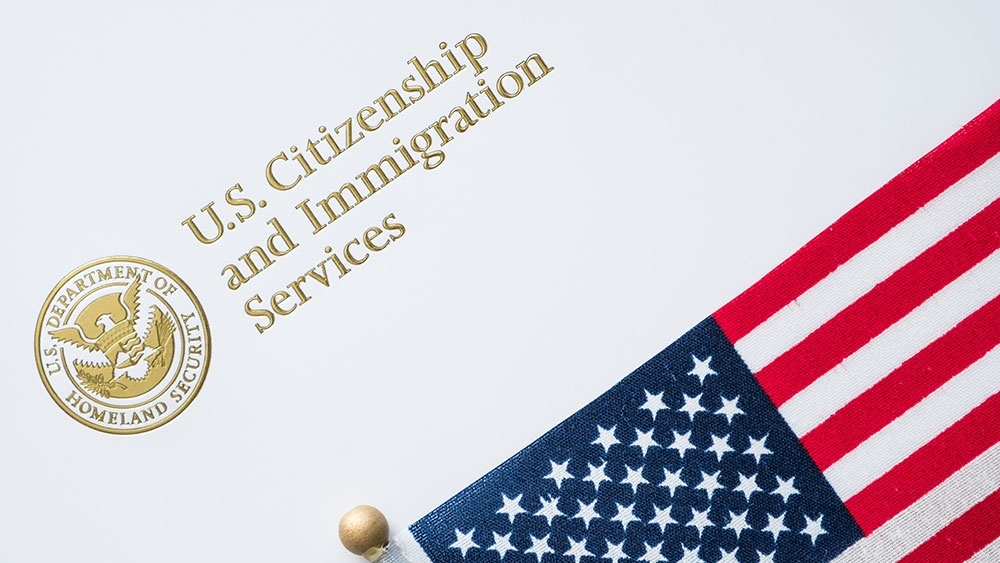
SEVP modifies temporary exemptions for nonimmigrant F-1/M-1 students taking online courses during the fall 2020 semester
Categories: Attorneys , Business Immigration , Business Law , Citizenship , Citizenship Green Cards , Commercial Litigation , Commercial Transactions , Corporate Law , Green Cards , Immigration Law , International Law , Investment Visas , Law Firm , Lawyers , Legal Services , Real Estate , Software Agreements , Technology Law , Trusts And Estates
Pasricha & Patel
The Student and Exchange Visitor Program (SEVP) that is administered by the Immigration and Customs Enforcement (ICE) agency has announced modifications to the temporary exemption measures that were originally put in place during the COVID-19 pandemic for the upcoming fall 2020 semester.
The modifications that will be published in the Federal Register as Temporary Final Rule state the following:
- For the upcoming fall 2020 semester, F-1 students who attend school that offer EXCLUSIVELY online courses will not be able to do that and still remain in F-1 student status in the U.S.
- For those F-1 students, they will either have to leave the U.S., OR transfer to a school that has in-person instructions, in order to maintain lawful student status.
- The US consulate/embassy abroad will NOT issue any F-1 student visas who are enrolled in schools that are fully online during the fall 2020 semester.
- And the Customs and Border Protection (CBP) will not admit any F-1 students to the U.S. who are enrolled in those exclusively online academic programs.
- Those F-1 students who attend schools that are offering a ‘hybrid/mix’ of in-person and online courses will be allowed to take more than one (1) class (which is 3 credit hours online) and still maintain their F-1 student status.
- But the university /college that the F-1 student is attending must issue new SEVIS I-20s that says that the academic program that is being offered to those students is not exclusively online; and that the F-1 student is not taking an entirely online course load during the fall 2020 semester, and that the F-1 student is still taking the minimum number of online classes required toward completing their degree programs.
This is a change from the policy that was announced at the outset of the COVID-19 pandemic earlier this year, in which ICE had relaxed the requirement for F-1 students, by allowing those same F-1 students to take more online courses than originally allowed in order to maintain their F-1 student status in the U.S.
In light of these drastic changes, we do advise those F-1 students who will be enrolled in U.S. universities and colleges in the upcoming fall 2020 semester to contact their respective universities and colleges and request them to issue updated SEVIS I-20s in order to remain in the U.S. and maintain their F-1 student statuses.
Please note that these new SEVIS guidelines do NOT affect those F-1 students who have already completed their academic programs, and are currently either on post-graduate Optional Practical Training (OPT) programs, OR those who are on their STEM OPT extension programs.
However, this proposed rule change does affect those F-1 students who are on Curricular Practical Training (CPT) and who are enrolled in academic programs with universities and colleges who only offer online studies for the upcoming fall 2020 semester. They will need to contact their universities/colleges right away and make sure their universities/colleges will be in compliance with this new rule based on the timeline set by ICE. And any F-1 students or their schools who do not follow these new guidelines will risk violating the student’s legal status and stay in the U.S., as well as the school’s own SEVIS program certification status.
If the F-1 student finds that the university/college that helped with their CPT program issuances are not able to comply with the new guidelines in time, then the F-1 student needs to leave the U.S., or transfer to another school that can comply.
There is one update to this news item: both the Massachusetts Institute of Technology (MIT), and Harvard University have just filed a federal lawsuit against DHS and ICE about the announcement of this new policy and they are trying to prevent this policy from taking effect. So, we also have to wait and see whether these guidelines will be enforceable after all.
However, in the meantime, I would still suggest F-1 students who are either still in F-1 status OR those who are on CPT, to check with their universities/colleges and find out what their universities/colleges are doing to prepare for this possibility. So, that way, they can plan their next steps either way.
Due to the ever-changing circumstances with these guidelines, and especially in these pandemic times, we do suggest readers to continue to check back with us for any further updates and news. And should readers have any more specific questions about this announcement or any other immigration-related questions, we recommend you to contact our office to schedule consultation.